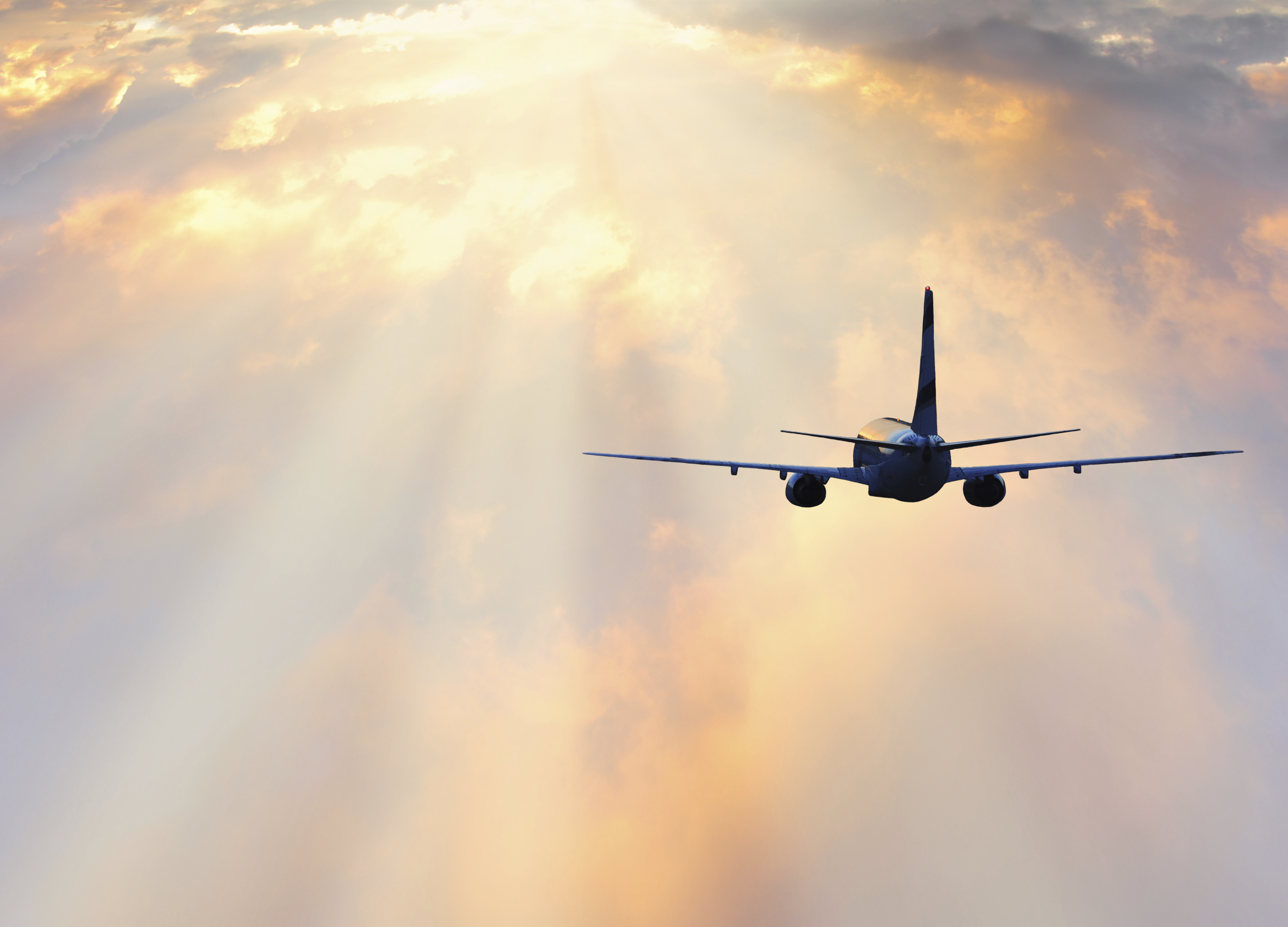Despite pursuing US Exim in the courts, Delta Airlines has also been a beneficiary of export credit agency finance.
The Atlanta, Georgia-based airline is attempting to stop US Exim giving loans and guarantees to overseas airlines for the purchase of wide-body Boeing aircraft, claiming it is detrimental to the US aviation industry. It is joined in the lawsuit by Hawaiian Airlines and the Air Line Pilots Association.
However, the Brazilian airline GOL, in which Delta owns a 3% stake, received a US$84.8mn loan guarantee from US Exim in April 2012. The finance was used to support the export of engine maintenance services by Delta TechOps, the maintenance, repair and overhaul (MRO) division of Delta Airlines based in the US.
When asked about the transaction, a spokesperson from Delta Airlines told GTR that GOL’s decision to use Delta TechOps as the contractor was independent of the transaction, and was completely independent of Delta Airlines.
In June 2012, Aeroméxico, Mexico’s largest airline, received an export finance package of US$170mn from US Exim for the purchase of Boeing 737 passenger aircraft. The transaction was closed less than a month after Delta Airlines invested US$65mn in Aeroméxico, sealing a 4.17% stake and a seat on the board of directors. For this deal too, part of the finance was used to fund MRO services from Delta TechOps.
Delta’s spokesperson defended the transactions, saying that it has only ever been involved in export agency financing for regional, narrow-body aircraft. Its grievance with US Exim, he says, is the bank’s support of the purchase of wide-body aircraft, which puts airlines such as Delta at a competitive disadvantage against the likes of Emirates Airlines, Etihad Airways and Korean Air, which should be able to secure finance on the private markets.
Delta Airlines is also one of the founding members of the Skyteam Alliance, a club of international airlines with 19 members – 15 of which have received some sort of financial backing from US Exim. The alliance members receive cost benefits through sharing services such as equipment, sales offices, maintenance facilities and operational staff.
A senior administrative figure at US Exim tells GTR: “For all that ECA financing that’s going to the alliance members, Delta is either co-sharing or selling tickets so they’re benefitting in that way as well.”
He continues: “There are 60 ECAs in the world. If US Exim stopped financing wide-body aircraft that are made by Boeing, the sales would go to Airbus. The competition would remain. There’d still be a wide-body aircraft competing, it would just be Airbus.”
The use of ECA-backed financing in the aviation industry is widespread. Earlier this year, the French ECA Coface was given a mandate by its government to cover the export of all French aircraft. A month later, the Indonesian airline Lion Air placed an order worth US$24bn for 200 passenger jets from Toulouse-based manufacturer Airbus.
In a response to an article written in Forbes, the executive vice-president and chief legal officer of Delta Air Lines Richard Hirst writes: “Delta does not object to the work of the bank generally. We support the work it does to level the playing field for US companies against government-subsidised foreign competitors.
“Our opposition is limited to the bank’s financing of wide-body aircraft sales to foreign airlines which are owned or subsidised by their governments, or which otherwise could finance these aircraft in the private market. We don’t think the US government should subsidise wide-body sales to our solvent competitors.
“US Exim subsidises them by providing US government guarantees, which lower their borrowing costs and gives them a competitive advantage over US airlines on international routes. This harms US airlines and our employees. The bank’s subsidisation of our foreign competitors has tripled since 2008, and now is about 60% of the dollar amount of the bank’s financings.”







